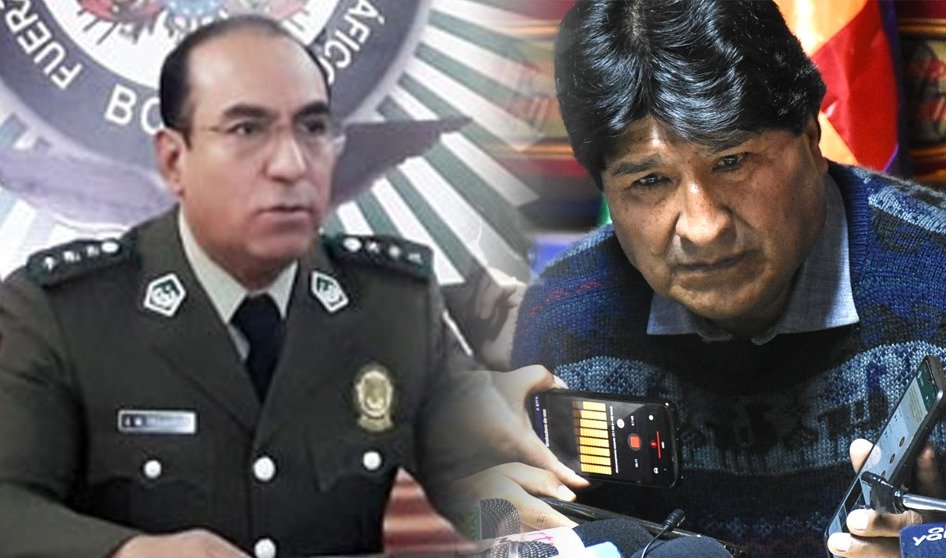RIO DE JANEIRO, BRAZIL – On April 6, the Bolivian government replaced the head of the country’s anti-drug force and ordered the intervention of this police unit after former president Evo Morales denounced the alleged protection of drug trafficking in the central area of the Tropic of Cochabamba, one of the main producers of coca leaves.
The former director of the Special Force against Drug Trafficking (FELCN), José María Velasco, has been replaced by José Illanes, the Minister of Government (Interior), Eduardo del Castillo, announced to the media.
The authority thanked Velasco for his work and highlighted some results achieved in the first quarter of the year, including the seizure of 4.3 tons of cocaine and almost 60 tons of marijuana.

The minister asked the inspector general of the Bolivian Police to “intervene in the FELCN with unrestricted access to the information needed” and proceed to investigate “everything related to this last case that was made public” about Morales’ allegations.
He said that “one hundred percent” of the anti-drug agents should be subjected to polygraph tests to detect if any are failing in their duties.
The investigation results must be presented in 15 days, and the new anti-narcotics chief has 24 hours to change all the heads of the FELCN and the special groups that make up the force, he added.
According to Del Castillo, if illicit acts are detected, “they will be sanctioned following current regulations,” and “if their innocence is proven”, an apology will be offered to those affected.
The minister defended the “efficiency” of his administration since “a few hours after knowing” about the “leak of some alleged audios”, his office filed the corresponding complaints before the Prosecutor’s Office and the internal disciplinary instances of the Police.
“One person should not tarnish the image of an entire police institution,” he added.
A few days ago, Evo Morales presented some audios in which an anti-drug colonel allegedly ordered the withdrawal of agents from a place where a cocaine laboratory had been found in the Tropic of Cochabamba, the union and political fiefdom of the former president, who presides over the ruling party and is still the top coca growers’ leader in that area.
Velasco announced an investigation, although he considered that the accusation seemed to have “another hue” and a “set-up” to discredit the FELCN.
The day before, the anti-drug force carried out four operations in the Tropic of Cochabamba, in response to which Morales accused Velasco on Twitter of an alleged “cover-up of drug trafficking” and of carrying out these operations to supposedly frame the former president and other coca growers’ leaders.
With information from EFE

